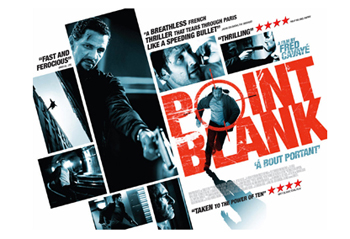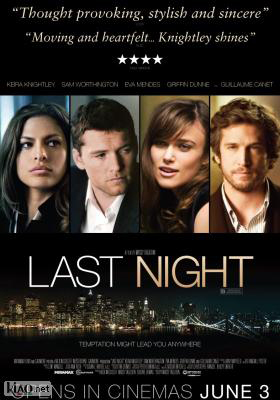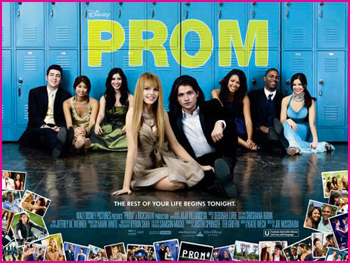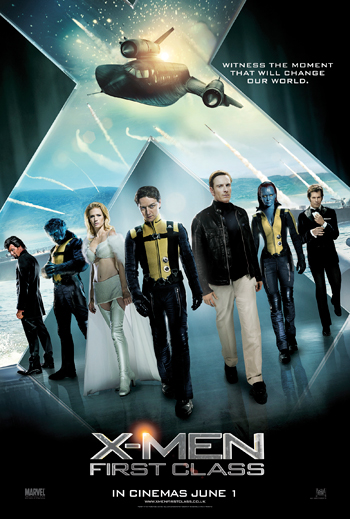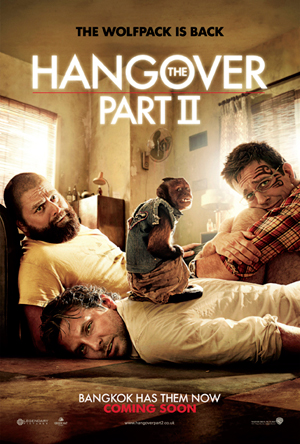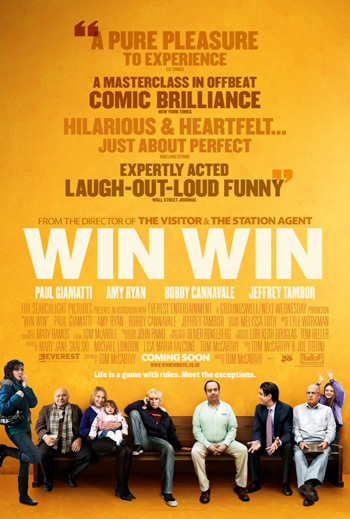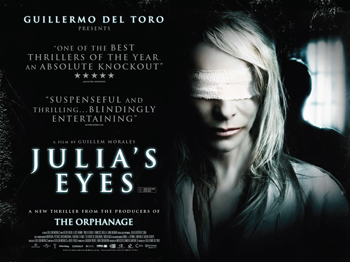Mother’s Day ***
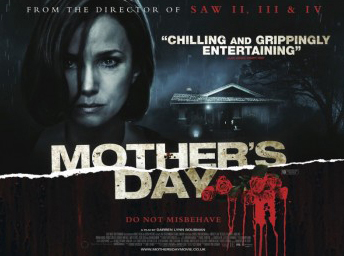 As everyone knows from nature programmes alone, ‘Hell hath no fury like a Mummy scorned’. After creeping out audiences back in 1992 in The Hand That Rocks The Cradle, then-maternal Rebecca De Mornay proves she’s still got the superior chill factor to scare the living daylights out of you in Saw director Darren Lynn Bousman’s 2010 reimaging of Mother’s Day.
As everyone knows from nature programmes alone, ‘Hell hath no fury like a Mummy scorned’. After creeping out audiences back in 1992 in The Hand That Rocks The Cradle, then-maternal Rebecca De Mornay proves she’s still got the superior chill factor to scare the living daylights out of you in Saw director Darren Lynn Bousman’s 2010 reimaging of Mother’s Day.
The warped male members of the villainous and dysfunctional Koffin family, headed by menacing matriarch Natalie ‘Mother’ Koffin (De Mornay), return to their family home after a robbery goes wrong, only to discover it was repossessed and ‘Mother’ has since gone. The trendy new owners who are holding a party to see out the impending hurricane find themselves and their guests the tortured targets of the Koffin confusion and rage. Can they survive the night, and what will happen when ‘Mother’ finally arrives?
Bousman’s uncompromising and sadistic portrayal of how far some will go to protect loved ones and use ‘fight or flight’ instincts is schlock horror that veers to the extreme, playing into the hands of sadomasochistic titillation at times – much like the incentive behind the Saw film franchise.
Although aesthetically more polished than its predecessor, Bousman still maintains that nostalgic cinematic feel, with stark contrasting lighting and vibrant colouring. However, he changes the story from one of ‘horror and pillage in the woods’ in the 1980 Kaufman version to terrifying house invasion. It’s winning formula as ‘home is where the heart is’ and where you’re supposed to feel the safest. It’s this age-old scare tactic that proves endlessly addictive, coupled with the promise of seeing De Mornay at her finest that sparks interest.
And De Mornay is immensely engaging and incredibly unpredictable in this, possibly – and unfairly – expected to carry some lengthy exchanges at times in the build up of tense stand offs, but doing so with the expertise and deadpan, glazed expression (a smile that never quite reaches the eyes) that she is synonymous with. Bousman’s film needs a very strong female lead to grab attention, keeping speculation rife before her reappearance at the house – and afterwards. He casts well in De Mornay’s case as she reawakens her winning psycho personality.
The exploitation film has its fair share of overtly gruesome happenings, including scalping moments and all the sticky, flesh-ripping bloody occurrences you can imagine to up the gore ante. The victims appear ‘innocent’ at first, delineating a clear line between ‘good’ and ‘bad’ characters. But Bousman blows this simplistic assumption out of the water, to the point where some of the punishment seems almost fitting to the crime, and the Koffins behaviour seems more ‘acceptable’ as survival methods than some of the questionable behaviour of their victims. Indeed there is even an ounce of sympathy for the Koffin siblings as the full extent of their manipulation by ‘Mother’ is revealed. In fact the power behind the film is the thrill to be had as we and the characters are all held to ransom by this female control freak.
Also, some of the set pieces catch you off guard, with everything to play for, and nothing to lose. Even though the majority of the film is confined to the house, Bousman manages to satisfy an action-sequence thirst outside of the four walls, as well as inside, that taunts its players and audience with the offer of hope.
The finale is highly predictable, leaving the floodgates open for a vengeful sequel – but only if De Mornay wins the ‘Malicious Mother of the Month’ accolade from genre fans in this well-executed, if sometimes incredulous thriller that doesn’t take itself too seriously but plays for full shock value. What’s far more exciting is how much more mileage there could be to ‘Mother’ that is left untapped in this. If a second film is on the cards, it will be intriguing to see how far De Mornay’s ‘Mother’ will be developed, possibly making her one of cinema’s most terrifying screen matriarchs of recent decades, since ‘Mother’ dearest in Hitchcock’s 1960’s Psycho.
3/5 stars
By @FilmGazer
***WATCH THE TRAILER HERE

